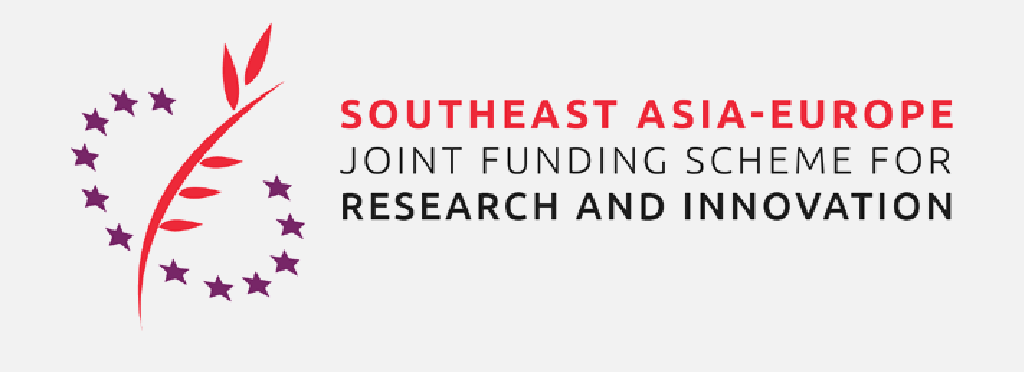
2nd Joint Call: NEWTONIAN
Background
The Asian liver fluke Opisthorchis viverrini is intensively transmitted in Southeast Asia (SEA), particularly Lao PDR, Thailand and Cambodia. The helminth adult worm lives in human bile ducts of the liver where it causes a multitude of severe pathologies including cholangiocarcinoma (CCA), a fatal bile duct cancer. While in Northeast Thailand research on control tools and public health interventions have much advanced over the past decades, progress made in research and disease control is limited in Lao PDR and Cambodia and the interventions are rather temporary and focal.
There are major challenges for the successful control of O. viverrini infection and related morbidity. Firstly, the currently widely available diagnostic techniques (e.g. Kato-Katz) have a low sensitivity. Secondly, the extent of morbidity (disease) associated with the O. viverrini infection is unknown in many O. viverrini endemic settings. Thirdly, given the lack of adequate regional estimations of O. viverrini infection and the related mortality and morbidity, the currently employed level of control initiatives cannot be adequate planned.
The Project
Our project consortium, consisting of four institutions in Switzerland, Thailand, Lao PDR and Cambodia, each having several decades of experience in Asian liver fluke research and control, aims to develop new tools to control of O. viverrini infection and associated morbidity and mortality in SEA region. Our objectives are (i) to regionally validate a promising rapid diagnostic tests for O. viverrini infection in field sites in Cambodia, Lao PDR and Thailand; (ii) to compile existing data on O. viverrini infection and associated mortality and morbidity in Cambodia, Lao PDR and Thailand and complement them with additional survey data in areas where only sparse information is available; and (iii) to predict the risk of O. viverrini infection and related mortality and morbidity across Southeast Asia.
The Science
This transnational project will lead into a SEA regional view of O. viverrini infection and related morbidity and mortality. For objective (i), a field validation of the urine based detection of circulating O. viverrini will be performed. Two promising tests will be validated: A urine- and a corpro-antigen based diagnostic test, which have a documented high potential for further development. The validation will take into account the different levels of endemicity of O. viverrini infection, and the helminthic co-infections. It will be performed in settings in Lao PDR, Thailand and Cambodia. For objective (ii) an database will be created where existing geo-localized data on O. viverrini infection and associated morbidity will be combined with newly surveyed data. A systematic review of published literature on O. viverrini infection, and related morbidity and mortality will be conducted to achieve a most comprehensive database. For objective (iii), the database will be used for the prediction of O. viverrini infection, morbidity and mortality in area where no data is available and across all three endemic countries by using a well-established Bayesian geo-statistical modelling approach.
The Team
Prof Penelope Vounatsou and Prof Peter Odermatt, Swiss Tropical and Public Health Institute, Basel, Switzerland
Dr. Somphou Sayasone, Lao Tropical and Public Health Institute, Ministry of Health, Vientiane, Lao PDR
Dr. Virak Khieu, National Centre for Parasitology, Entomology and Malaria Control, Ministry of Health, Phnom Penh, Cambodia
Professor Paiboon Sithithaworn, Parasitology Department and Cholangiocarcinoma Research Institute, Khon Kaen University (KKU), Khon Kaen, Thailand
Contact
Professor Peter Odermatt, Swiss Tropical and Public Health Institute (Swiss TPH), Epidemiology and Public Health Department, PO Box, 4002 Basel, Switzerland, Email: peter.odermatt@swisstph.ch

